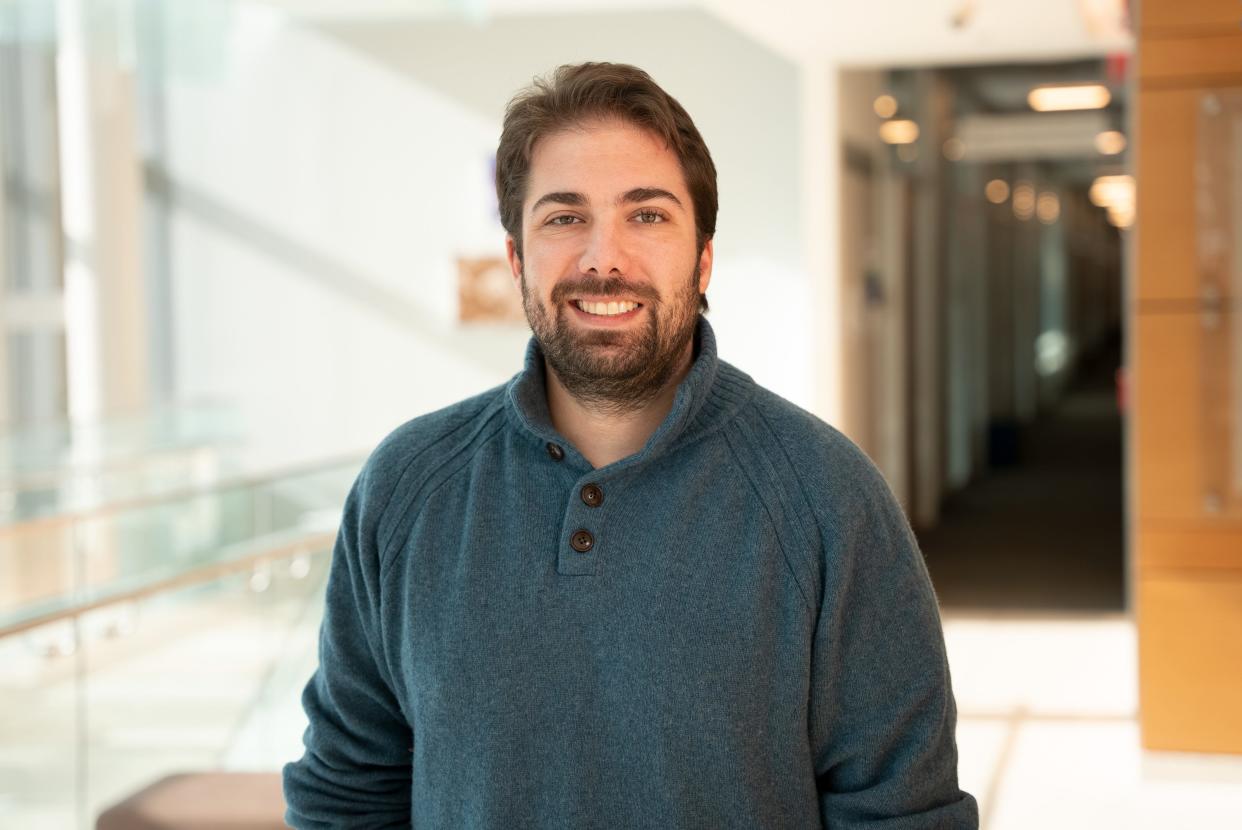UMass Chan doctor receives $800K grant for immunotherapy cancer research

WORCESTER - Immunotherapy has been a primary cancer treatment for more than a century, using substances produced by the body to aid the immune system in destroying cancer cells. Unfortunately, some cancers are resistant to immunotherapy, such as prostate and pancreatic cancer, and medical science has been unable to find out exactly why.
Dr. Marcus Ruscetti and his team at UMass Chan Medical School may be getting close to an answer.
Recent findings in Ruscetti’s research have proved promising enough that the American Cancer Society has awarded him a $800,000 Research Scholar Grant, which Ruscetti’s lab will receive over four years beginning in January 2024.
The answer may lie with damaged, or senescent, cells. When a cell is damaged, senescence prevents it from growing and secretes molecules that trigger the immune system, leading to the cell's removal.
Previously, findings indicated that senescent cells blocked cancer, but Ruscetti discovered it may not be that simple. Blocking senescent cells in mice actually prevented tumors from forming.
“There is a type of senescent population that is supporting tumor growth,” said Ruscetti. Which may explain why some patients keep developing tumors after surgery while others do not.
“That’s what this grant is about,” he said. “What are the markers of good and bad senescent cells, and which ones block or promote cancer.”
If this distinction can be found, drugs that can kill senescent cells, known as senolytics, could be used to target these cells, which could not only prevent but even treat advanced cancer. “It blocked prostate cancer from forming in mice as well as block progression of tumors in mice with cancer,” said Ruscetti.
If a senescent cell remains in the body, this constant secretion can actually exhaust the body’s immune system, which may contribute to decreased efficacy of immunotherapy. Removing problematic senescent cells could address this. “Now we’re trying to combine senolytics with immunotherapy to make it treat prostate cancer,” he said.
One in eight men will be diagnosed with prostate cancer during his lifetime. Among American men, prostate cancer is the second-leading cause of cancer death, behind only lung cancer, according to the ACS.
Ruscetti also received the Prostate Cancer Research Program Idea Development Award in 2021 from the Department of Defense, and in 2022, he was named a Nextgen Star by the American Association for Cancer Research.
This article originally appeared on Telegram & Gazette: Dr. Marcus Ruscetti at UMass Chan Medical School receives $800K grant
